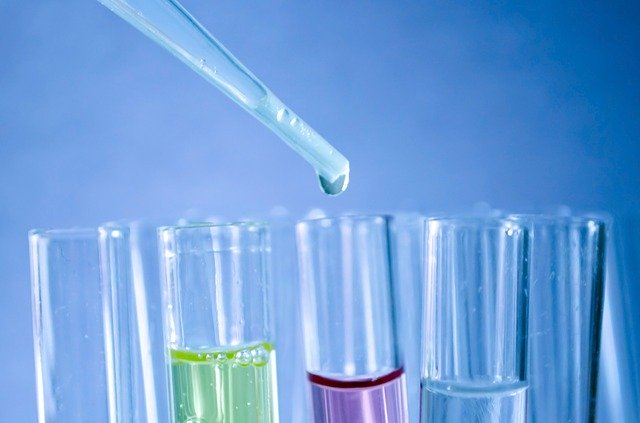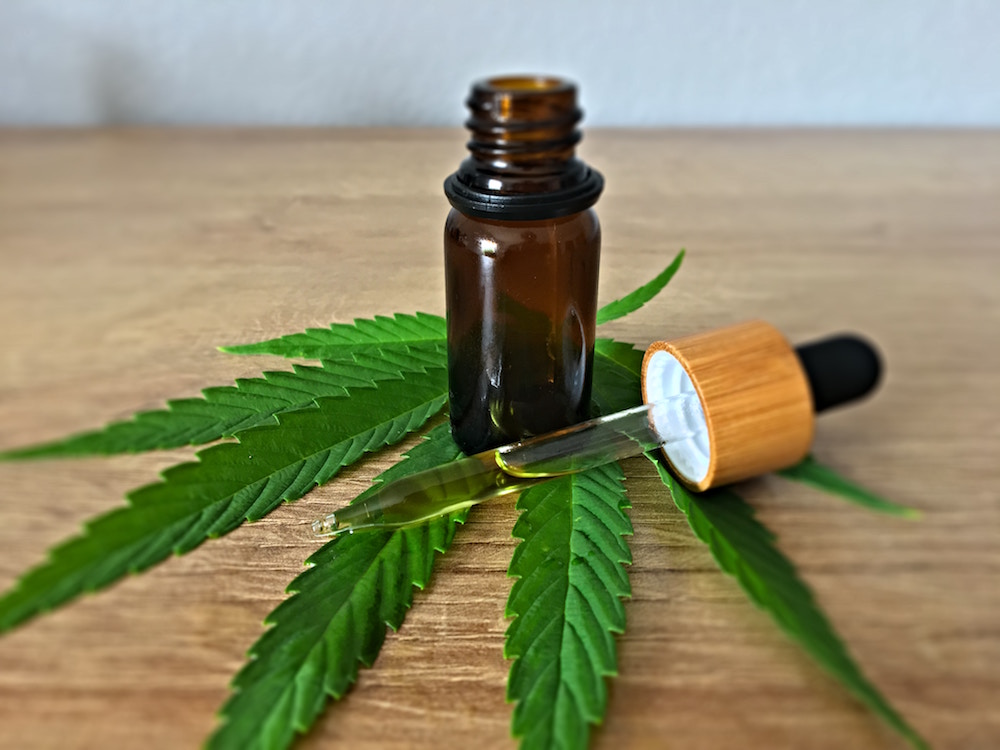If it feels like everyone is suddenly taking or talking about CBD, you’re not imagining it. CBD products have flooded the market and people are using it in various forms to treat medical issues ranging from depression to infertility.
Cannabidiol oil (CBD) is a natural non-psychotropic compound of cannabis, the mention of which leads to ongoing confusion: Is it a cure-all or just the latest fad? Will it cause a high or is it like taking a vitamin? CBD is not a drug and is derived from the hemp plant; and though the verdict is still out on its treatment for many issues, it has been proven as a solid choice for treatment in many cases.
The medical community is just beginning to study CBD and its efficacy in treating everything from cancer to irritable bowel syndrome, but early indications are that CBD can alleviate a variety of common ailments. CBD has been shown to have several health benefits; and for women especially, it can help with stress and anxiety as well as issues associated with PMS, migraines and even endometriosis.
Research shows CBD can positively affect the physical and emotional impact of Premenstrual Syndrome (PMS) since it serves as an anti-inflammatory and many symptoms of PMS are caused by inflammation in the body. CBD interacts with the body to help control nausea, digestive issues, hormonal imbalances and even bloating and cramps. CBD can even work to improve sleep, mood and the ability to relax.
In fact, researchers have discovered that preparations of the hemp plant have been used to treat ailments in women for thousands of years. These cannabis-derived treatments were used to ease pregnancy and help with menopause, so it is not surprising it also can be effective for PMS pain and other symptoms. While science hasn’t proven CBD as a PMS treatment specifically, the anti-inflammatory, pain relief and mood-lifting benefits are undeniable.
CBD can also help with hormonal imbalances. Hormones are chemicals produced by the endocrine system that control things like metabolism and growth. When the body doesn’t produce consistent levels of hormones, it can have a big impact on overall health. CBD can help regulate hormone levels, including cortisol, which is the stress hormone.
CBD has also been proven in dealing with anxiety. Anxiety disorders affect 40 million people and women are twice as likely as men to be affected. CBD promotes general relaxation and has no proven side effects like prescription anti-anxiety medications can have. Several studies have shown CBD can reduce anxiety by activating dopamine production in the brain and in states where it is legal, health practitioners have started to use it as treatment along with other more traditional therapies.
Menopause is another female-specific hormonal change that can be greatly alleviated by using CBD and is one of the main reasons women explore CBD use. Research has shown CBD can help with mood swings, weight gain, hot flashes, sexual health and insomnia — again because most of these symptoms are associated with inflammation and brain chemistry changes.
Autoimmune disorders also affect one in five U.S. adults. Women with arthritis, lupus and celiac disease have found that the anti-inflammatory properties of CBD can help treat or lessen the symptoms of these conditions.
There is obviously still a lot to be learned about CBD and many treatments arguing in favor of its use must be put to the scientific test. However, with studies beginning to show many positive impacts, it’s no wonder CBD is showing up in everything from skin creams to suppositories. If you plan to try it yourself, make sure you check your source and read labels carefully. It’s important to understand your dosage and delivery method for the best results.






